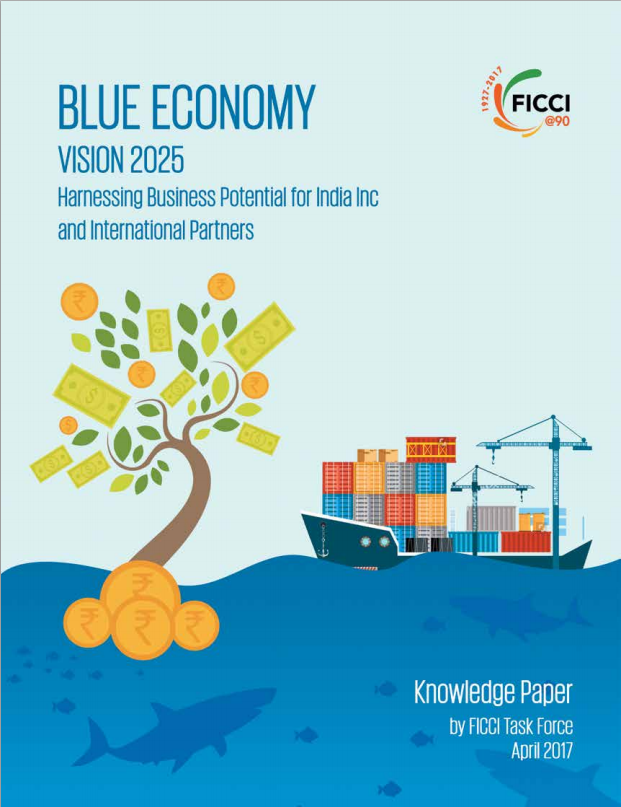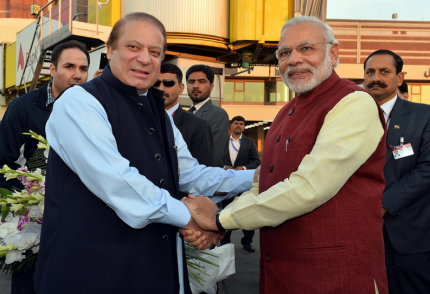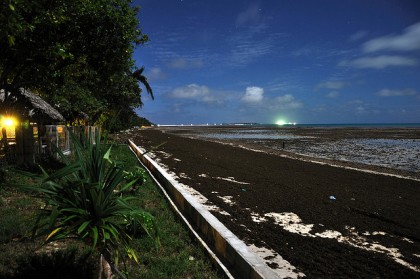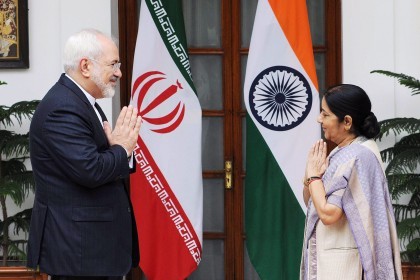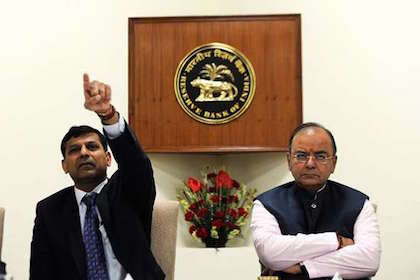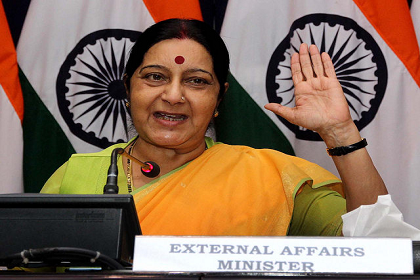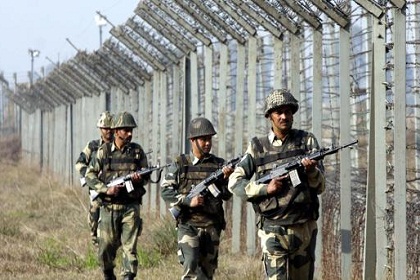Blue Economy Vision 2025: Harnessing Business Potential for India Inc and International Partners
Ambassador Rajiv Bhatia and Rajni Bakshi were part of a FICCI Task Force on Blue Economy. The task force released a report titled: Blue Economy Vision 2025: Harnessing Business Potential for India Inc and International Partners Executive Summary Blue Economy Read more

